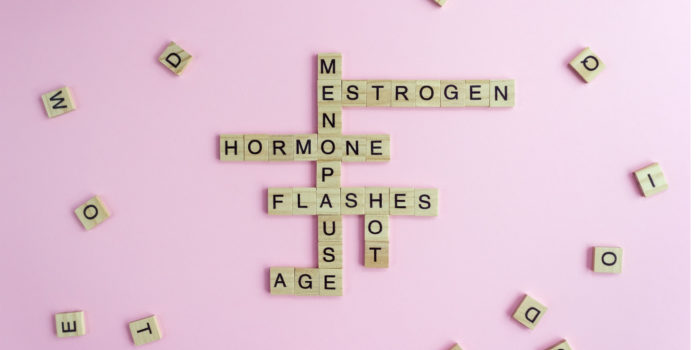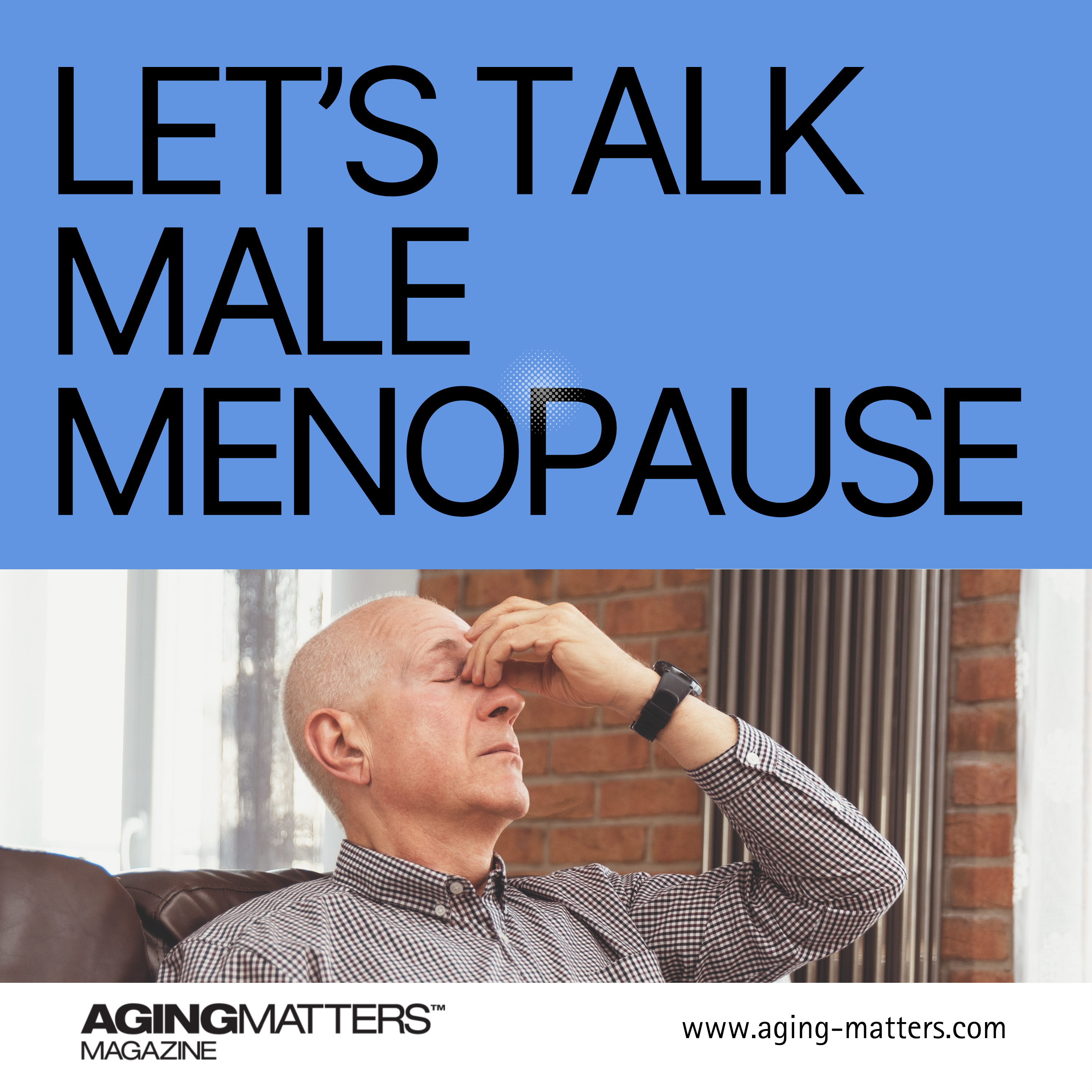
New measures for women – bringing menopause out of the closet
December 5th, 2023Menopause was once a taboo topic, but the UK government is bringing menopause out of the closet, and campaigners want screening offered to all women aged between 40 and 74. The Chairman of ‘The Menopause All-Party Parliamentary Group’, Ms Frostrup, has said it is crucial that menopause screening is incorporated into health checks.
Menopause is a transition in a woman’s life that can have a severe impact on their physical and mental well-being
75% of women go through menopause, the average age when a woman starts the hormonal roller coaster is 51. Some women only experience a few physical changes, while others are left fighting a frustrating hormonal battle with no end in sight. One-quarter of women going through menopause have severe symptoms lasting around 7 years. Menopause happens when hormone levels change, specifically oestrogen which controls the menstrual cycle. It is a transition in a woman’s life that can have a severe impact on their physical and mental well-being. Signs and symptoms can confuse a woman about what is happening to her body.
Menstrual bleeding can become like an overwhelming fast-flowing river with toe-curling cramps leaving a woman bedridden or with irregular, depleting episodes accompanied by severe itching and vaginal dryness. With menopause, a weakening bladder can soon stop a laugh or a cough, and the body’s heating system becomes confused. There can be a sudden surge of intense sweaty heat, a hot flush that can leave a woman red in the face or feeling chills that can result in a dilemma when choosing what to wear every day.
Dry skin, thinning hair, breast tenderness, loss of breast fullness and painful joints can be worrying. Disproportion of fat around the body, slower metabolism and a loss of sex drive can make a woman feel unattractive. Night sweats, duvet wrestling and disturbed sleep don’t help the decline in memory function and increased brain fog. Menopause is a time in an ageing woman’s life when symptoms can become debilitating making it a struggle to function at work or home.
The emotional effects of menopause can be hard to bear. It’s the end of a woman’s reproductive years, and that can come with some sadness. But the hormone shift can be unforgiving, causing mood swings, anxiety, depression, frustration, embarrassment and sadly, in some cases, suicidal thoughts.
Menopause in the workplace
The Civil Service and other sympathetic employers have already implemented a menopause policy, signalling managers to be more supportive. They are giving them practical advice and the opportunity to make adjustments in the workplace. The UK Menopause Task Force and the Employment Assistant Program (EAP) offer workplace awareness training and support.
Menopause is a topic of debate
The UK government annually reviews its Quality and Outcomes Framework (QOF). It is an opportunity for new measures to manage public health concerns, conditions and preventative screening. Currently, the once-taboo topic of menopause is in debate, and campaigners are not only calling for menopause screening but also for medical staff to be more equipped to deal with women who are going through menopause.
Diagnosis and treatments
Women can resonate with other women, they can share their experiences of how they navigated through menopause. Many of them have self-diagnosed but if you are experiencing worrying symptoms then you should visit your GP, there are menopause-related tests available. Treatments for perimenopause or menopause symptoms can include Hormone Replacement Therapy (HRT).
Skin patches, gels, sprays, implants or tablets can be prescribed.
Menopause and self-care
Diagnosis and being prescribed an appropriate treatment can take time. If you are suffering from the symptoms of menopause, some things can help make your menopause journey easier to live with. Lifestyle changes should include a balanced diet, low in fat and high in calcium. Menopause can result in a 30% loss of bone mass so weight-bearing exercises are important. Walking and other activities to help with stress relief are highly recommended. You can eat oestrogen which can be found in soy and red clover. We recommend our Vitamin D supplement for good bone health.
Mother Nature will take her course
Mother Nature will take her course, there’s no point in fighting her. If you are trying to cope with hormonal changes, embrace the new chapter that menopause brings, learn to love your changing body and count your blessings every day. A positive mindset can help relieve some menopause symptoms.







